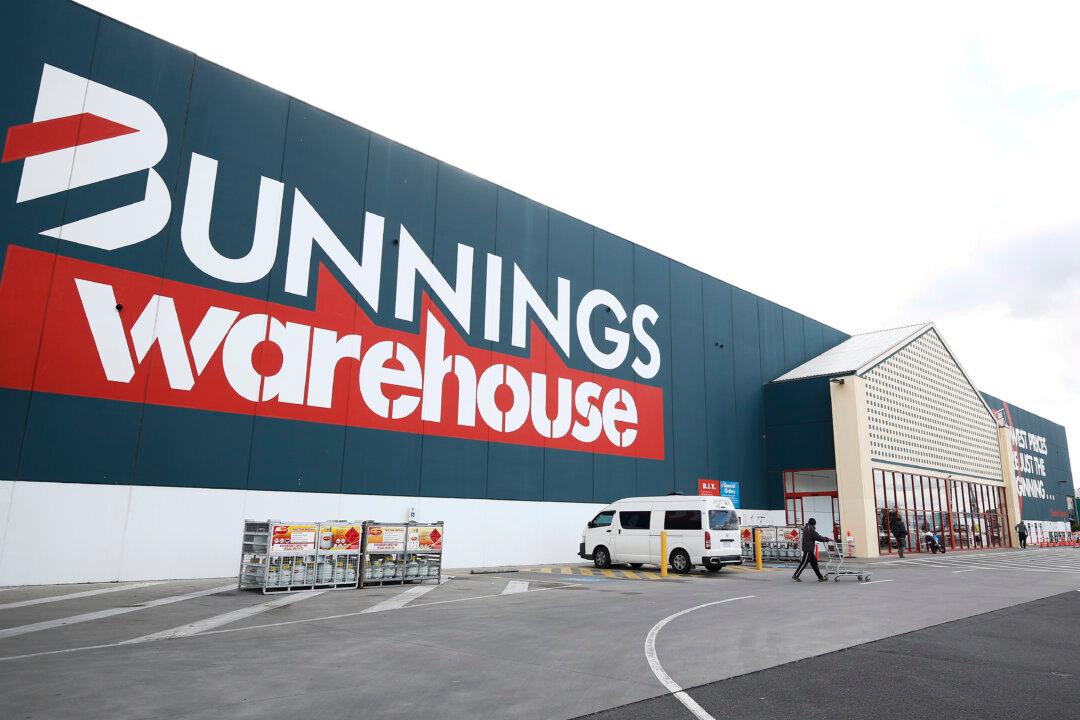Leading executives from some of Australia’s largest businesses are fleeing east in response to ongoing delays to re-opening the Western Australian (WA) border.
Rob Scott, CEO of AU$60 billion retail group Wesfarmers, will base himself out of the group’s Melbourne office for an “extended period” after saying it was “virtually impossible” to run the conglomerate—which owns national retail brands Officeworks, Bunnings, Kmart, and Target—from Perth.





